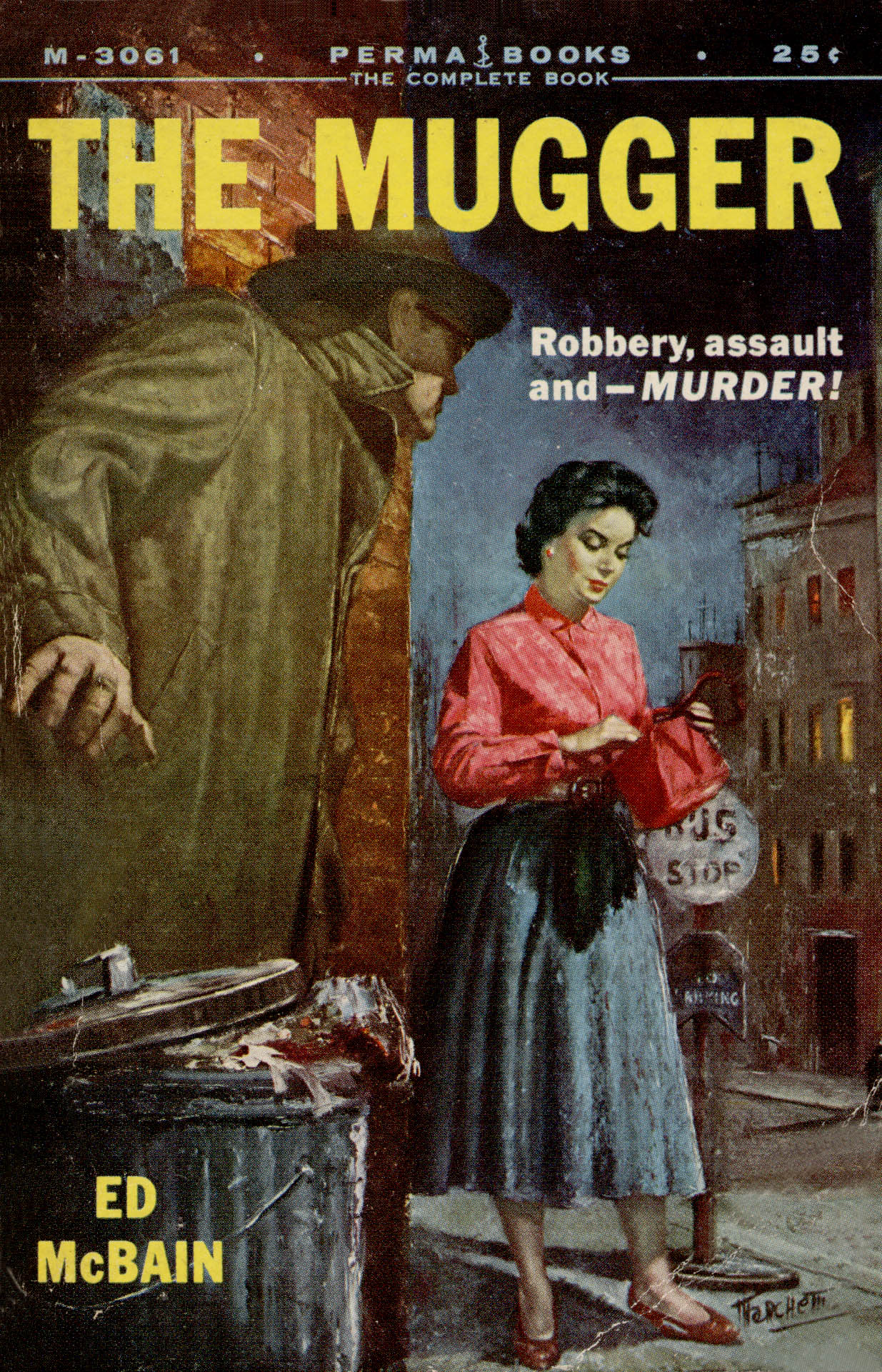Robbing Peter…
The mugger
waited in the bushes
all night
but no one came
by.
Then he grew desperate
and robbed himself
but he didn’t
feel good
about
it.

The Mugger -- Lou Marchetti
But she could be nothing but a woman, and that’s good because your business is women.
You are a mugger.
-- Salvatore Albert Lombino; ("Ed McBain")
Robbing Peter to pay Paul is to use resources that legitimately belong to (or are needed by) one party in order to satisfy a legitimate need of another party, especially within the same organization or group; or to solve a problem in a way that makes another problem worse, producing no net gain; or to discharge one debt by incurring another. It may refer to ecclesiastical taxes that St. Paul's cathedral in London had to provide financial support for the Catholic hierarchy in St. Peter's cathedral in Roma. The English phrase may have originated with John Wyclifffe in 1380 ("ord, hou schulde God approve that you robbe Petur and gif is robbere to Poule in ye name of Crist?") and was proverbial by the time John Heywood published "A dialogue conteinyng the nomber in effect of all the prouerbes in the Englishe tongue" in 1546:
ReplyDeleteRob Peter and pay Paul: thou sayest I do;
But thou robbest and poulst Peter and Paul too.
However, "Découvrir Saint Pierre pour couvrir Saint Paul" [Strip Peter to clothe Paul] was a similar French expression that was current before 1611, when Randle Cotgrave produced "A Dictionarie of the French and English Tongues." Sts. Peter and Paul were the two pre-eminent figures in the early Christian church, with Peter serving as first pope and Paul as the primary developer of early Christian theology. Quite possibly they were both martyred by Roman emperor Nero in 64. They shared the same important feast day (29 June) and were commonly thought of as being alike and inseparable.